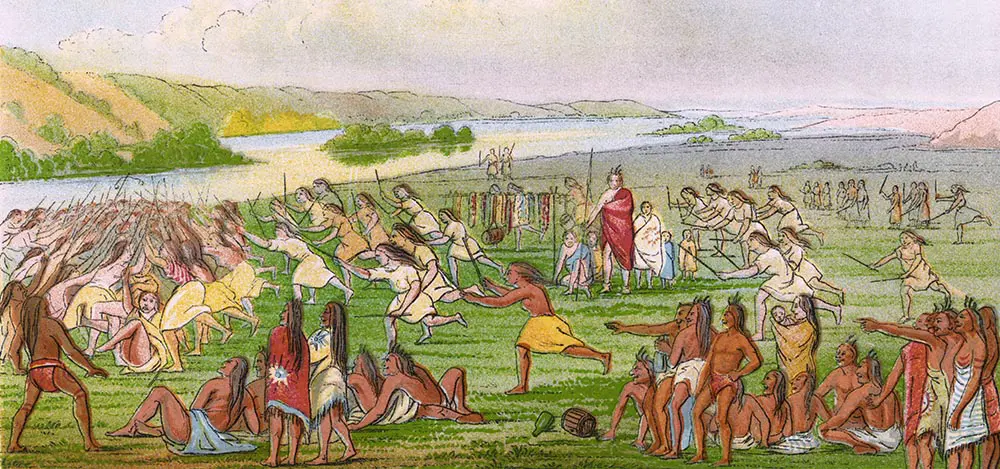
The Power of Speech Recognition: Building Confidence in Speaking and Listening
Discover how speech recognition technology builds confidence in speaking and listening, creating a safe space for language learners to practice without fear of mistakes.

Revitalizing Indigenous Languages Through Storytelling and Ceremonial Practices
Discover stories of Indigenous language reclamation, innovative technology, and cultural preservation.

Discover how speech recognition technology builds confidence in speaking and listening, creating a safe space for language learners to practice without fear of mistakes.

This article explores how speech recognition engines like Apple's and VOSK are used in language learning apps, including those focused on Indigenous languages, on iOS and Android platforms.

This article discusses how Languages 4 uses speech recognition technology to support Indigenous language revitalization, building confident speakers and preserving cultural heritage.

This article introduces Scaffolded Immersion™, a step-by-step language learning pedagogy developed by Languages 4 to build confidence and competence in learners through structured guidance and real-world contexts.

This article explores how the Xaxli'p First Nation integrates traditional ecological knowledge and language into forest regeneration practices, supported by community-driven initiatives and collaborations with Languages 4.

This article explores the role of Indigenous language revitalization in fostering cultural pride, mental health, and personal happiness, using community-tailored projects to promote connection and well-being.

In 2028, lacrosse returns to the Olympics, a momentous event for sports enthusiasts and Indigenous communities. This article explores lacrosse's Indigenous roots, its journey to the modern era, and its cultural significance.

This article celebrates Star Wars Day by highlighting the Navajo-language dub of 'A New Hope,' an inspiring effort to preserve and revitalize the Navajo language while connecting Indigenous cultures with popular media.

Discover the legacy of Comanche Chief Buffalo Hump in 'Languages 4 Generations | Indigenous Ancestors.' Explore his resilience and impact on Comanche culture and history, celebrating Indigenous her...

A video exploration how Languages 4 revitalizes Indigenous languages through community-centric projects focused on cultural and land connections.

This article explores the revival of traditional agricultural practices of the Lekwungen People, focusing on kwetlal (camas), and integrating Indigenous knowledge into land-based education for future sustainability.

This article explores how the traditional fishing practices of native Hawaiian communities in Ha'ena, Kaua'i, are being protected and maintained, bridging past and present to nourish future generations.